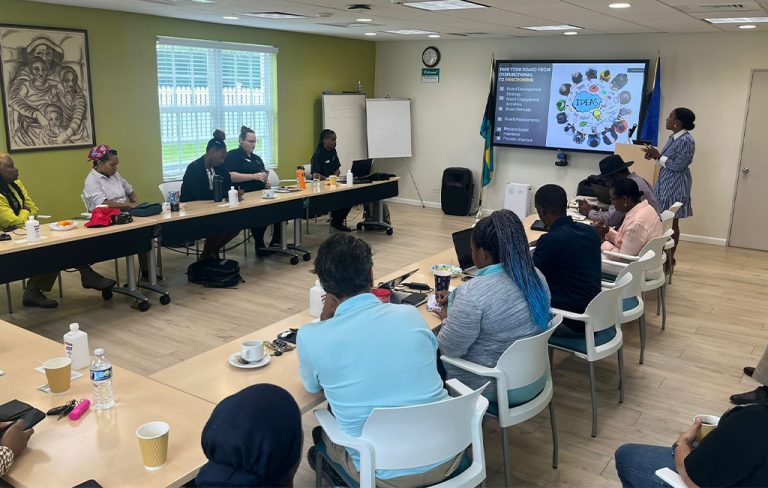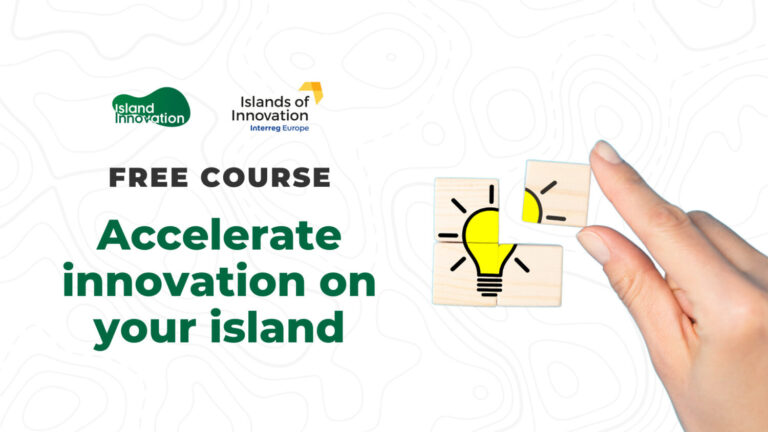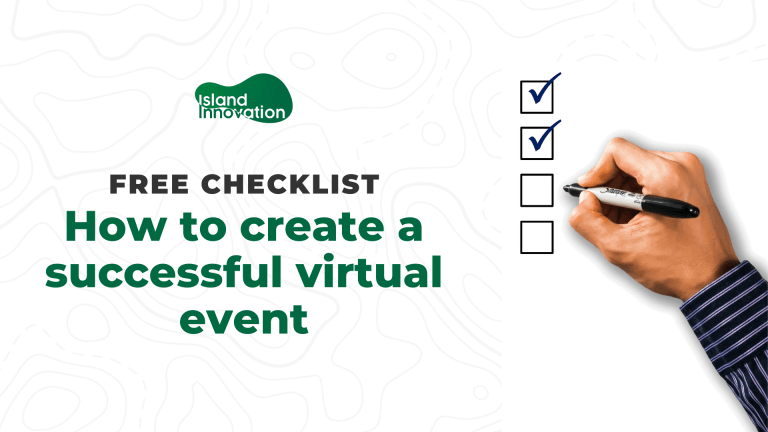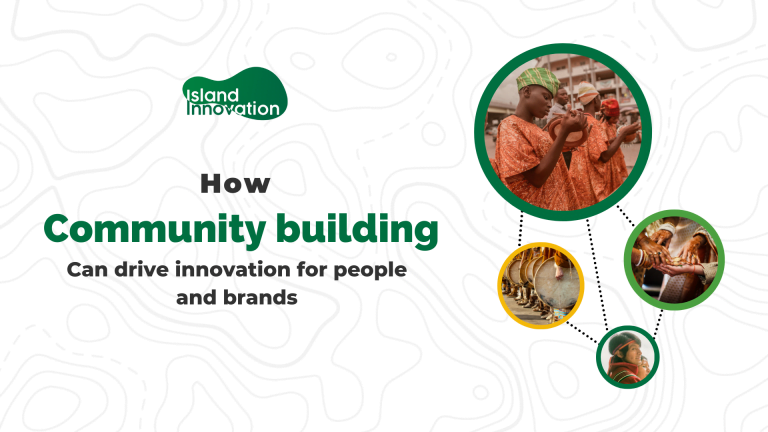Execerpt from unicef.org
What can education data do to improve learning experiences for children? How is education data useful for teachers?
When you imagine data, you may think of numbers laying in a thick report on a dusty shelf in some office, forgotten by all.
In the education sector, data provides concrete evidence to support decision-making and policy changes.
Anecdotal evidence from teachers on the importance of ECE attendance
Brightly coloured walls welcomed me as I entered the Early Childhood Education (ECE) Centre, which is annexed to the Tongoleleka Government Primary School in the outer islands of the Kingdom of Tonga. I could see that the room was filled with handmade toys and pictures, creating a vibrant learning environment for children. In one corner of the room hung the Tongan alphabet and numbers. After taking in the lively atmosphere of the classroom in awe, I sat down with the teachers to listen to their stories.
“When I see the Grade 1 students with experience in ECE, there is a huge difference between those that do not have that experience. They are ready to learn and already understand the basic concepts in mathematics and reading,” says Lesieli, head teacher and the Grade 1 teacher at the school.
Vea, who teaches ECE at the school added that children in ECE are not only learning about numbers and alphabets but also how to act in school and socialise with others.























